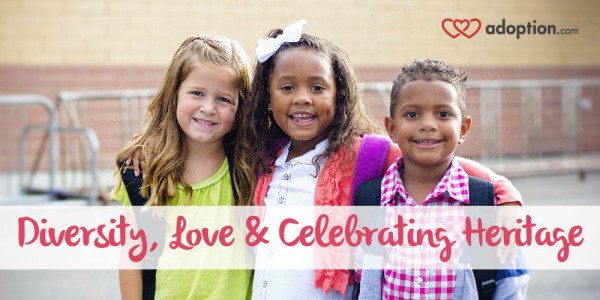As a college student in the 1960s, my father volunteered to room with a man who was the first student from a certain African country to attend the university. I’d heard my dad share small parts of the story as I grew, but more recently, he shared with me about the unkind backlash from some of the other young men in the dorms. I was blown away. I attended the same university approximately 40 years after my dad, and I couldn’t imagine something like that being an issue. I am not ignorant to the fact that people are not all unconditionally loving and that racism is still alive, but I live in a different time than my parents grew up in. It took me a minute to remember it was the 1960s in America: a pretty turbulent time in American history. I was struck, first by the fact that my dad was treated poorly by his classmates, and secondly that it took 30 years for me to hear my father bring up anything negative about the experience. I think that speaks to my father’s character as much as him wanting to room with the man who became his friend.
I have come to realize that some adoptive parents struggle with certain aspects of adoption more than others. One aspect I have not struggled with, but have observed others wrestling with, is that of transracial adoption. I give the example of my father as a reason it has not been an issue for me. As a prospective adoptive parent, I was excited about the possibility of welcoming children of varied ancestry into my family. I looked forward to learning more about and celebrating their biological heritage. Not everyone is so comfortable, I believe, often because they are afraid of possible negative responses from family and friends, particularly those of an older generation. My opinion has always been that diversity would bring richness to my family life. I am grateful for family members, friends, and children who enrich my life.
In anticipation of cultivating a diverse and culturally rich family life, I initially thought we would learn about and celebrate our children’s specific backgrounds. What I have learned about celebrating culture is twofold. First, we may not have very specific information when it comes to knowing our children’s heritage. Secondly, celebrating and learning about as many different cultures as we can is true diversity. I have observed more experienced adoptive parents do this beautifully. They value diversity and teach their children love for their fellow men and women. With big hearts, they help their children feel special and unique, but they also give them the gift of expanding their horizons. Whether we are talking about race and diversity or the world and its people in a more general sense, a parent with a teachable attitude opens doors for children to have a greater respect and understanding of the world and, therefore, people around them. Sometimes, this means learning about and acknowledging hard or sad things, and that is okay. It’s part of the process. An honest, open dialogue helps us each to grow and learn.
I want to have a teachable heart and allow my children experiences that will make them more loving people, recognizing their own worth as they see worth in others. I hope I will pass on my father’s love, acceptance, and respect for his fellow men even though I won’t be passing on his great athletic ability or his clear, blue eyes.
What do you hope to share with your children and how do you plan to do so?

